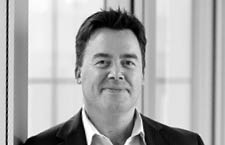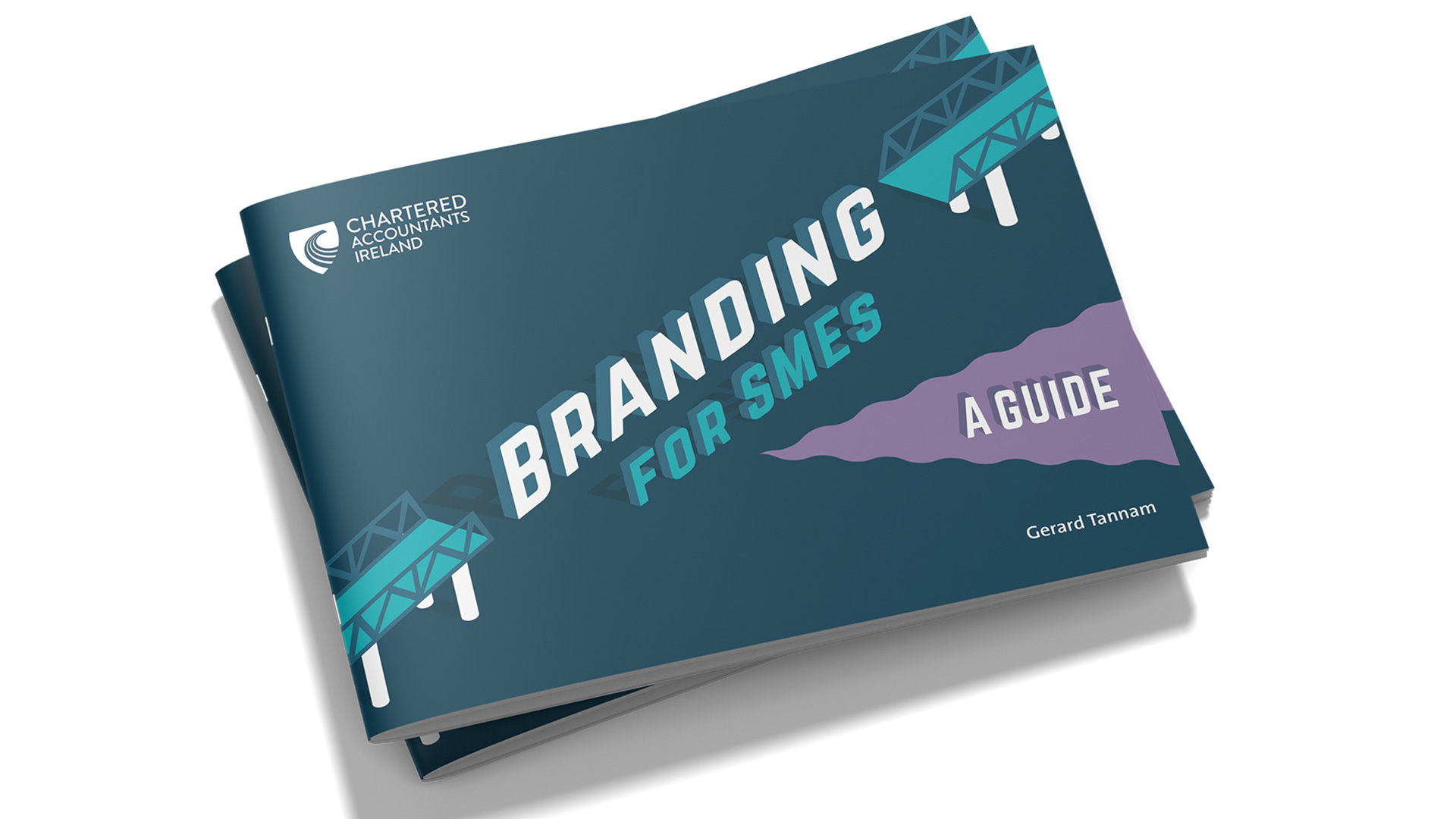 Finance Director, Cathay Pacific Airways
Finance Director, Cathay Pacific Airways
When Martin Murray, finance director of Cathay Pacific Airways, recruits someone, he admits the Chartered Accountancy qualification can have a lot of sway.
It has been well over 20 years since he himself qualified as a Chartered Accountant with Ernst & Young in Glasgow – but it’s an experience that still lives with him vividly. “The opportunity to be in a place with so many other people going through the same experiences and the same challenges – it was great. The diligence, quality and rigour of the three years’ training sets you above anything else in the market. You end up with a fantastic network of like-minded individuals which puts you in a really strong position when entering the business world.”
Choosing accountancy was initially, however, largely a way to hedge his bets. “The reality was I had no idea what I wanted to do but I liked business. My Dad was an actuary and had won prizes for mathematics. He thought I wasn’t clever enough to become an actuary and said, ‘Study Chartered Accountancy and the world is your oyster.’”
After an accountancy degree and completing his Chartered Accountancy training, Martin stayed at Ernst & Young, working both in audit and training. Having written half-jokingly on an employee questionnaire that his long-term goal was “to work abroad”, he found himself with an offer to move to Ernst & Young’s Hong Kong office.
After some persuading from a partner in the Glasgow office, he agreed to relocate to Hong Kong for 18 months. “And as soon as I got there I loved it. For a young person, Hong Kong is a fantastically lively and vibrant place to be. It’s an environment of constant change – if you leave for a year, you come back to a different place.”
Universal principle
After a further two years at Ernst & Young in Hong Kong, Martin was eager to transition to the corporate world. An introduction from Niall Lothian, then-president of ICAS, secured him an interview with the Swire Group – the 200-year old highly diversified group with extensive Asia-Pacific operations. Eight months later, he was invited to become treasurer for Swire in Hong Kong.
It was a position that marked the start of what has been an 18-year career with Swire. From treasury he moved to the group’s dockyard business, then to the US to help spin-off a fashion apparel subsidiary in Philadelphia. It was then that he took on his first finance director role, initially for Swire’s shipping group and then for the group’s multiple operations in Australia.
The sheer variety of roles in his career is impressive but getting to grips with such a diverse range of industries hasn’t, he says, been a major challenge. “The great thing about the Chartered Accountancy qualification is that it transcends industries. I’m a big believer that when it comes to a company’s financial management, you want a good finance person rather than an industry specialist – because it’s much easier to pick up industry expertise than it is to teach an industry specialist about the range of financial and business skills needed.”
The principles of good financial management are universal to any industry, he believes: “Keep it simple, be methodical and rigorous, work hard, have a clear ethical and moral compass – and always remember that cash is king.”
Low margins, high volatility
This ability to quickly get to grips with the particular challenges of an industry doubtless served him well as he entered the notoriously unpredictable aviation business. Today as Finance Director of Cathay Pacific, he finds himself grappling with a sector battling multiple headwinds from a stubbornly high oil price to a weak cargo market and falling passenger demand, particularly from Europe.
“In aviation there’s never a dull moment,” he observes drily. “This is a volatile, low-margin business. Revenues are wholly price-driven so you’re constantly following the market while competing against many competitors from national flag carriers to low cost carriers. Your costs are fixed and heavily tied to the oil price. You’re dealing with unions, tax, airport authorities – there’s an awful lot to stay on top of.”
The solution, he says, is to stick to a clear long-term strategy based on simple principles, while tactically managing short-term volatility. “Our focus is to manage our liquidity and balance sheet so we can keep investing for the future – that means, for example, replacing Boeing 747s with more fuel-efficient Boeing 777s for long-haul flights, building our network and focusing on expanding our market in Asia.”
The fixer
It’s clear these are challenges he relishes, but is there a sector he’d like to get his teeth into next? “I wouldn’t say there’s an industry I’ve got my eye on. But I love fixing things and people asking me, ‘Can you sort this out?’ I’ve been very lucky in my career to have such a range of different experiences. Being a Chartered Accountant means you are so marketable, you can be confident enough of your abilities to choose the path you want.”













